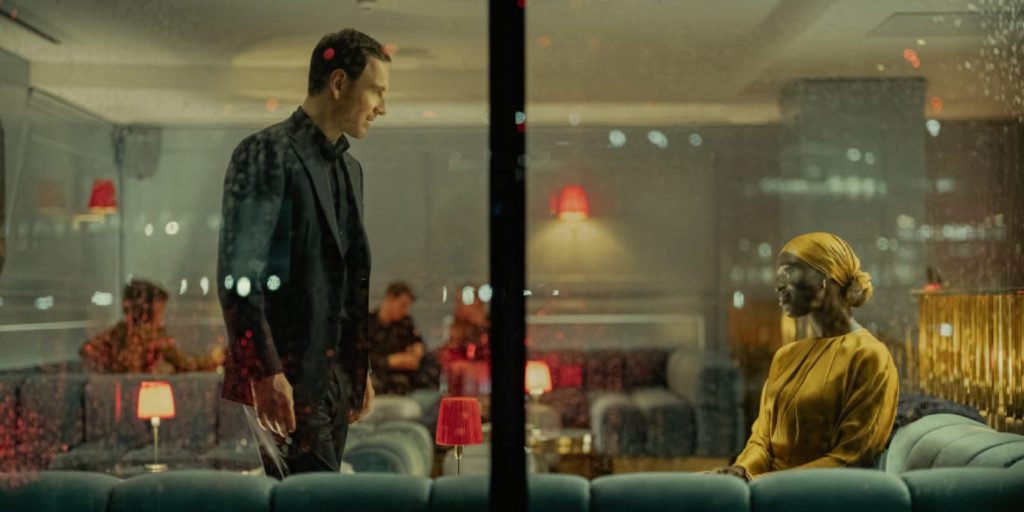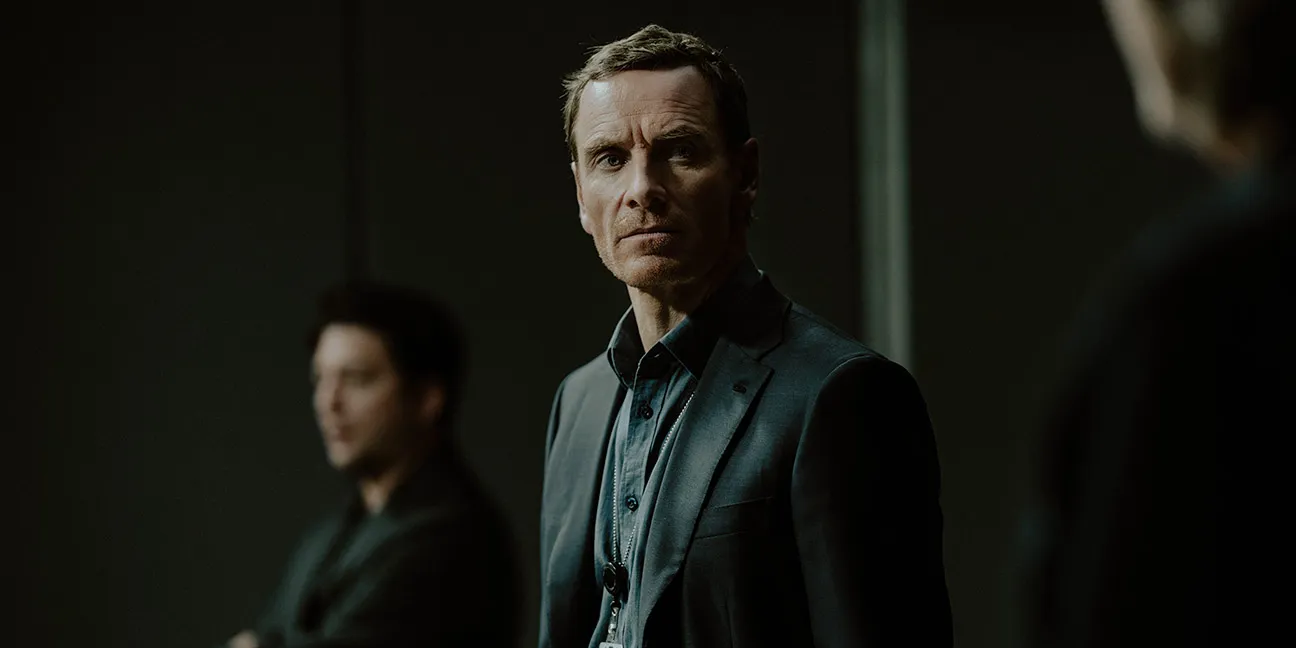Created by Jez and John-Henry Butterworth, Showtime’s ‘The Agency’ delves into a riveting spy thriller told through the eyes of a CIA undercover agent, Martian, who is pulled out of a job in Ethiopia only to find himself stuck in deeper waters. As he assimilates back into his life after six years of living under a false identity, the covert operative has to confront a mysterious set of events at the London Station, all of which may be tied to him. When a former lover’s emergence in the city threatens to upheave his professional integrity, Martian has to navigate the treacherous ground underneath his feet while his agency tries to bury a problem of its own. The show achieves a unique tone by blending a suspenseful espionage plot with character-driven moments interspaced equally to lend a sense of weight to the narrative.
The Agency is a Remake of a French Show Rooted in Psychological Conflict
Although steeped in a more grounded version of spies, ‘The Agency’ is a fictional story penned by creators Jez and John-Henry Butterworth, based on the French series ‘The Bureau,’ brought to life by Éric Rochant. Originally titled ‘Le Bureau des Légendes,’ the show delves into the lives of the agents of the DGSE, which is France’s foreign affairs agency. Unlike the typical espionage narrative that relies heavily on action, the narrative veers away from the orthodoxy and instead presents a more intimate and intricate portrayal of what life as a spy can entail – both the good and bad. As such, the narrative’s focus lies primarily on the psychological aspects of the drama, which were reportedly drawn from the experiences of real-life undercover operatives.

In ‘The Agency,’ the creators kept true to their source material’s roots by emphasizing the inner lives of agents as the primary driving force within the story. While action scenes occasionally rear their head, they are mostly utilized sparingly, adding a premium quality to such high-octane setpieces. Thus, for the most part, the attention of the narrative and audience is directed toward the cerebral and intellectual approach taken by the show, which is clearly meant to reflect the French series that inspired it. At its heart, the show attempts to juxtapose the moral and ethical dilemmas its primary characters face as normal human beings playing with life and death. There is a fallibility to these people and their motivations, fleshing them out in a much more believable manner.
The Agency Explores a Prison Built of Lies
One of the most intriguing aspects of ‘The Agency’ is how it incisively crafts a narrative that drills into the nature of subterfuge and the cost it incurs on people’s lives. These lies and betrayals form a canopy of disaster and conflicting human emotion that becomes hard to navigate without stepping on a landmine. Perhaps no one epitomizes this better than the protagonist, Martian, whose years of service as an undercover agent have wreaked havoc on his life in a professional and personal capacity. The dichotomy between his different identities becomes even more bizarre as he slowly realizes that he has more freedom when being someone else rather than himself. Michael Fassbender, who plays Martian, expressed a fascination with the character’s psychological state after going through such a heavy ordeal.

In a Forbes interview, Fassbender stated that he wanted to see “what it takes to work in this line of work, what sort of people are attracted to it, and what’s the evolution of a person through a 20-year career in that field.” Even without scratching the surface, it is evident that a massive amount of scar tissue lurks underneath Martian’s precarious existence as a man between worlds. Although, in most cases, it is the truth that sets someone free, the opposite is true for the protagonist. However, like anything, he discovers the cost of wrapping oneself too far in lies. Eventually, they drag him down like an anchor that cannot be shaken off. This introspective approach to the narrative adds a real intensity to the spy drama aspect of the show, which is to its benefit.
While drawing comparisons with other spy stories, ‘The Agency’ steers clear of mainstream projects like ‘James Bond’ and ‘Mission Impossible’ for the abovementioned reasons. Instead, its closest spiritual counterparts are the John le Carré adaptations like ‘Tinker Tailor Soldier Spy‘ and ‘A Most Wanted Man.’ These movies have the same lowkey energy and intense psychological drama that befits the spy genre in a way that helps it relate to ordinary life. Like the Showtime series, they showcase how the work carried out by spies is an ordinary job in extraordinary circumstances. It is that same ordinariness that adds a real sense of jeopardy to every element of ‘The Agency,’ making every moment pulse with a sense of intrigue and mystery that is rarely found in stories of its kind.
Read More: The Agency: Where is the Show Filmed?


You must be logged in to post a comment.